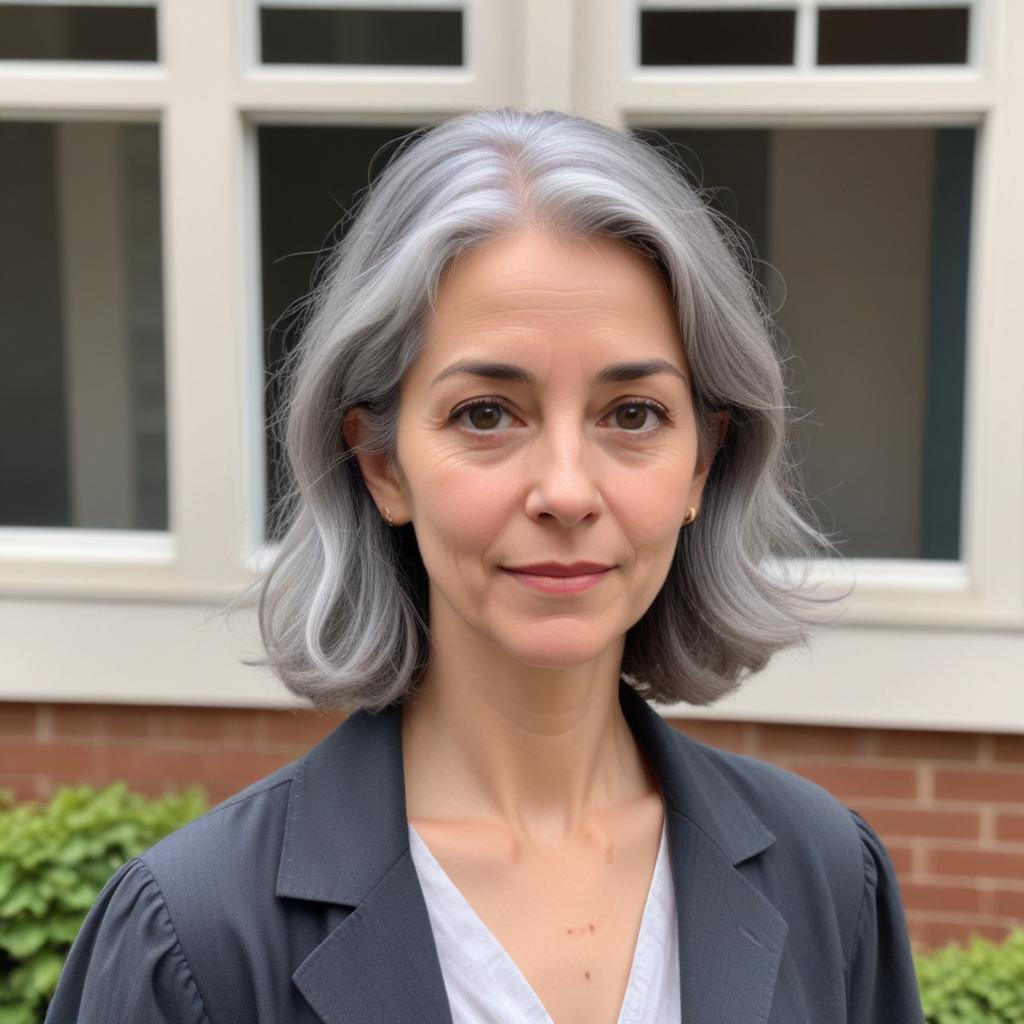A journalist recounts her experience navigating ageism in graduate school with her natural gray hair, highlighting societal biases against aging women and the unexpected connections she made.
The author, on her first day of graduate school, felt self-conscious about her gray hair, a stark contrast to her younger classmates. She had stopped dyeing her hair during the Covid lockdown and hadn't anticipated the societal reaction to her natural color. She observed that gray hair is often perceived as a sign of aging and unattractiveness, a perception reinforced by decades of advertising. This perception is further complicated by ageism in the workplace, where older workers often face discrimination. The author experienced this firsthand, noting how her gray hair seemed to render her invisible to some classmates, even resulting in one stepping over her without acknowledgment. However, over time, her classmates and professors came to accept her, and she formed genuine friendships. The author reflects on the internalized self-consciousness she felt about her gray hair, questioning whether it stemmed from vanity or societal pressures. She conducted a poll among classmates, revealing that a significant percentage dye their hair and would continue to do so even if it turned gray. The article concludes with the author's reconciliation with the classmate who had initially ignored her, highlighting the unexpected connections and personal growth she experienced throughout her graduate school journey.



